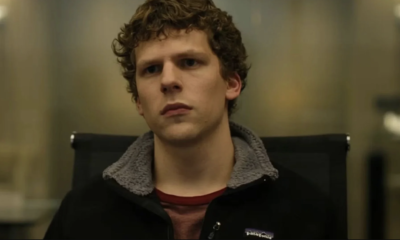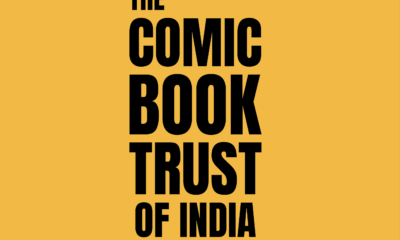COVID19
Should the Tokyo Olympics be canceled?
With less than 10 weeks for the Tokyo Olympics to start, more than 80% of Japanese people oppose hosting the games. The latest survey comes after Japan expanded a COVID-19 state of emergency on Friday as the nation battles a fourth wave of infections. The pandemic has put pressure on the country’s healthcare system with medical professionals highlighting shortages and burnout.
Survey and polls have established that majority people in Japan are opposed to holding the games this summer. A weekend survey by Asahi Shimbun daily shows that only 14% support holding the games this summer as scheduled down from 28%. If the games do go ahead, 59% of respondents said they want no spectators, with 33% backing lower fan numbers and 3% a regular capacity games. A separate poll by Kyodo News says 59.7% of respondents back cancellation, though further postponement was not listed as an option.
Olympic organizers say tough anti-virus measures, including regular testing of athletes and a ban on overseas fans, will keep the games safe. But the Kyodo poll found 87.7% of respondents worry that an influx of athletes and staff members from abroad may spread the COVID-19.
Prime Minister Yoshihide Suga has been accused of double standards. Reports point out that Suga was saying one minute that he wasn’t prioritizing the games ahead of the well-being of the Japanese citizens and claiming in another that the decision of whether to stage or cancel the three-week event was up to the International Olympic Committee. He wouldn’t say if the Olympics would still be held if infection rates were at Stage 3 (rapid) or Stage 4 (explosive).
Japanese media believes Suga’s defiance was inspired by money and politics, with the government looking to recoup some of the tens of billions of dollars it sunk into these games against the backdrop of a national election later in the year.
Also Read: Bihar to deploy migrant workers for PMAY-G homes
Moreover, Japan has a noted low vaccination rate. This is because of a general distrust of foreign drugs. And Japan insisted on conducting its own domestic vaccine trials, which delayed the rollout and eliminated any chance of its population attaining herd immunity by the start of the games on July 23.







































Pingback: India’s second wave of COVID-19 has unleashed a devastating human cost with state-wide lockdowns hitting mobility steeply